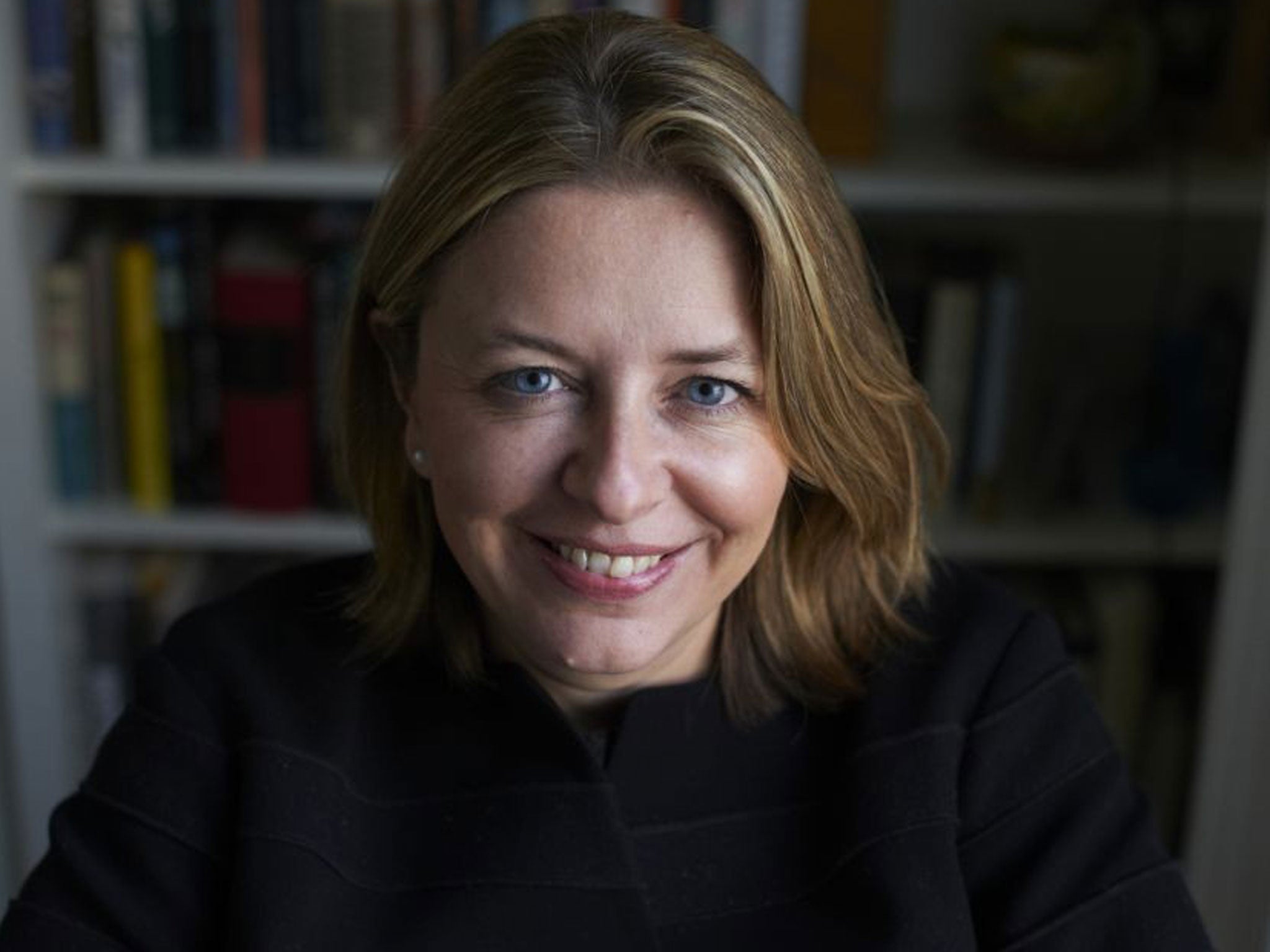Book Review: Her Brilliant Career, By Rachel Cooke

Your support helps us to tell the story
From reproductive rights to climate change to Big Tech, The Independent is on the ground when the story is developing. Whether it's investigating the financials of Elon Musk's pro-Trump PAC or producing our latest documentary, 'The A Word', which shines a light on the American women fighting for reproductive rights, we know how important it is to parse out the facts from the messaging.
At such a critical moment in US history, we need reporters on the ground. Your donation allows us to keep sending journalists to speak to both sides of the story.
The Independent is trusted by Americans across the entire political spectrum. And unlike many other quality news outlets, we choose not to lock Americans out of our reporting and analysis with paywalls. We believe quality journalism should be available to everyone, paid for by those who can afford it.
Your support makes all the difference.Derided or eulogised, 1950s womanhood has always featured women who were docile, old-fashioned, obsessed by baking. Rachel Cooke’s Her Brilliant Career tells another story, however, and one which, in the wake of Mad Men, is long overdue.
My own mother had a classic 1950s career, graduating with a First, going into the film industry and then journalism where, with two small children, she worked on the magazine Modern Woman (which antedated the pioneering work of Nova). A little older than neighbours such as Claire Tomalin and Sylvia Plath, she was the only working mother in our street in Primrose Hill in the early 1960s, an anti-apartheid activist and memorably glamorous. But she suffered too many setbacks, and her star dwindled and faded.
Success is luck and timing, as well as brains and character. Of Cooke’s constellation of 10, each had, as Cooke says, “to be thick-skinned: immune to slights and knock-backs, resolute in the face of tremendous social expectation and prepared for loneliness”. It is also significant, perhaps, that despite the affairs and abortions, all came from stable, and in some cases posh backgrounds. Almost all have been forgotten: Patience Gray, the food writer who used to be better-known than Elizabeth David; the journalist and detective novelist Nancy Spain, ditto, was so famous that Paul McCartney came to her New Year’s Eve party; Margery Fish survives as a name among gardeners thanks to her championing of plants such as cranesbill, hostas and Artemisia “Lambrook Silver”.
Not all Cooke’s heroines strike one as worthy of the name; I found the lesbian ménage à trois engaged in by Nancy Spain, Joan Werner Laurie and Sheila van Damm dismaying for the cavalier treatment of the two children, casually conceived, who grew up believing they were brothers when one was the son of Nancy and the other the son of Joan. This was only revealed when both women died together in an aeroplane crash, neither leaving a proper will; Nancy’s son Tom, by Margery Allingham’s husband, ultimately had a nervous breakdown and died in a mental hospital. The architect Alison Smithson, who coined the term “New Brutalism” for the kind of architecture she and her husband practised, is another it is hard to warm to.
Happier subjects are the film director Muriel Box and her sister-in-law, the producer Betty “Box Office” Box. Muriel filmed The Seventh Veil with James Mason; Betty was responsible for the Doctor in the House series, which made a star of Dirk Bogarde. She loved spending the money she had, indulging in mink coats, designer dresses and cars but loved her work more. Muriel’s husband Sydney pretended to work on her projects in order to pacify Hollywood studios. Margery Fish, on the other hand, only found her creativity once her husband Walter, news editor of the Daily Mail, died and she could break away from his regimented suburban parade of lawns and dahlias with an exuberant plantsmanship which even Vita Sackville-West admired.
Many of these women got their break in part due to the Second World War. Rose Heilbron, a prominent barrister, was initially turned down by the Liverpool chambers she applied to because of her sex; once men left for the war, solicitors were only too eager. Her most famous victory was defending a woman accused of starting two houseboat fires which killed a pair of toddlers. Heilbron, like the heroine of Legally Blonde, turned to the female knowledge of hair care to persuade the jury.
Cooke’s approach to her subjects has an unfailing, if formulaic, arc. She begins with an intriguing anecdote, and then moves on to expound the facts with commendable lightness of touch. Her writing does not delve deep but is eloquent, concise, fair-minded, witty and elegant. There are, however, two big omissions. Although the book ends with a list of “some good and richly subversive novels by women 1950-60” it would have been nice to have included a study of, say, Elizabeth Jenkins – to whose masterly novel, Harriet, Cooke recently wrote an excellent introduction for Persephone Books – Iris Murdoch or Elaine Dundy, all of whom had fascinating private lives. There are also no women scientists (such as Rosalind Franklin) and no politicians, perhaps because the most famous, Margaret Thatcher, shaped a very different decade. It may be possible that, having discovered far more potential heroines than she expected, a second volume could be commissioned.
Stuffed with great details and anecdotes, Her Brilliant Career is the perfect book with which to celebrate Virago’s 40 years of championing feminist writing. For every woman, old and young, in your life – including yourself.
Amanda Craig is the author of six novels, including ‘A Vicious Circle’ and ‘Hearts and Minds’ (Abacus)
Join our commenting forum
Join thought-provoking conversations, follow other Independent readers and see their replies
Comments